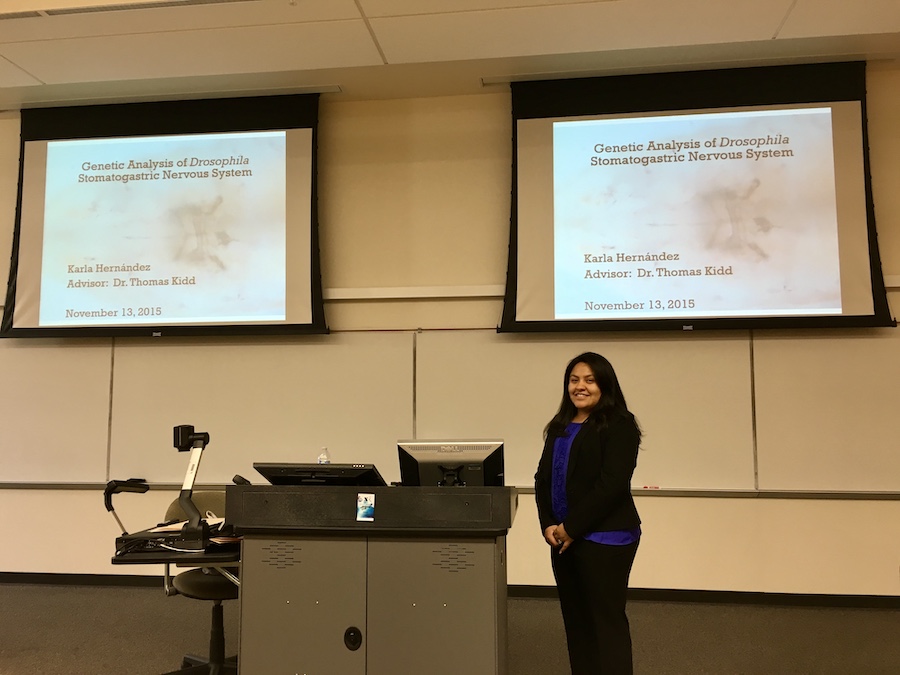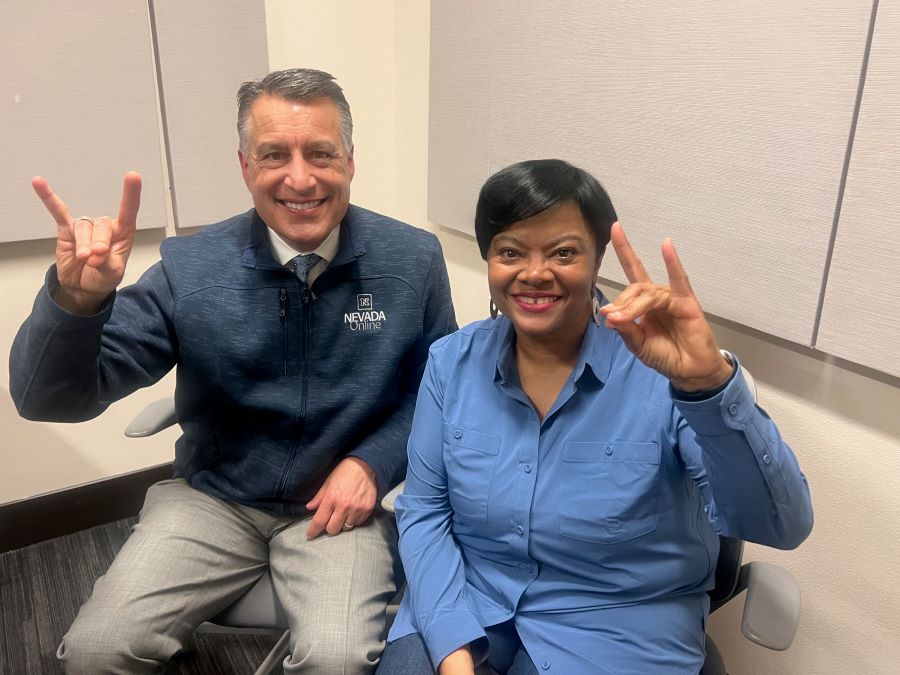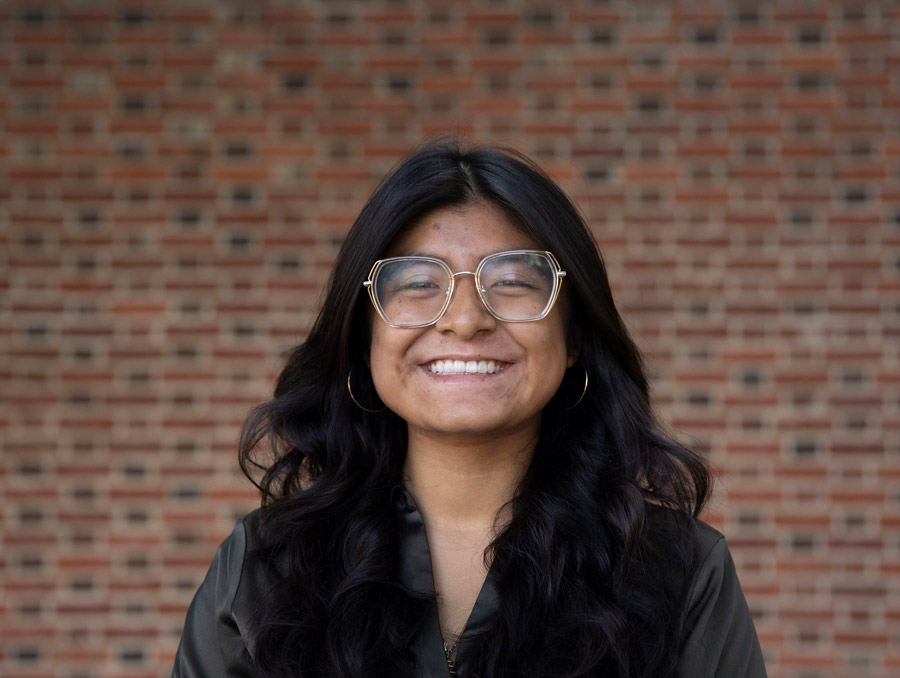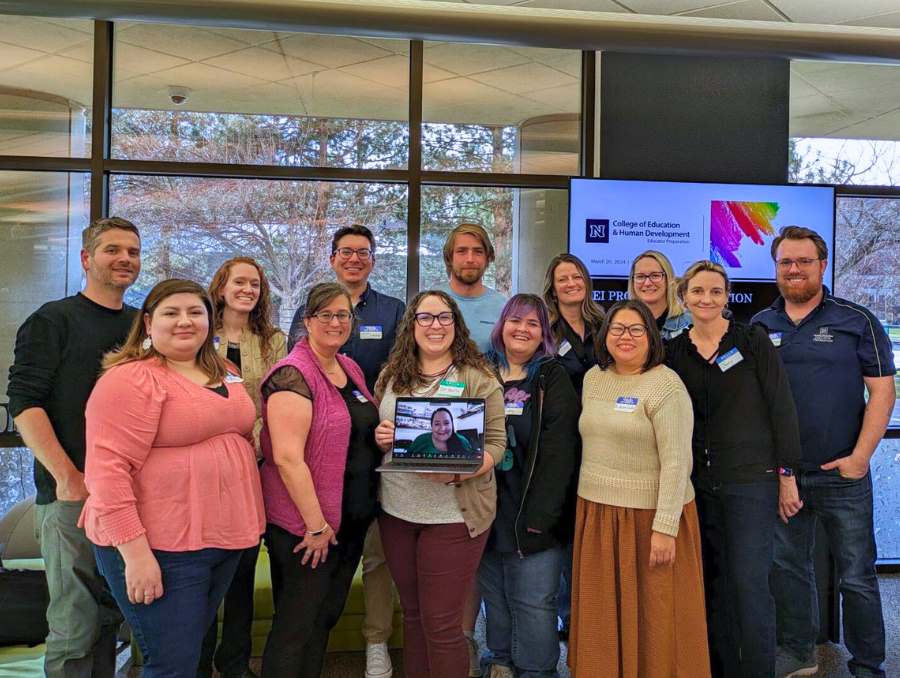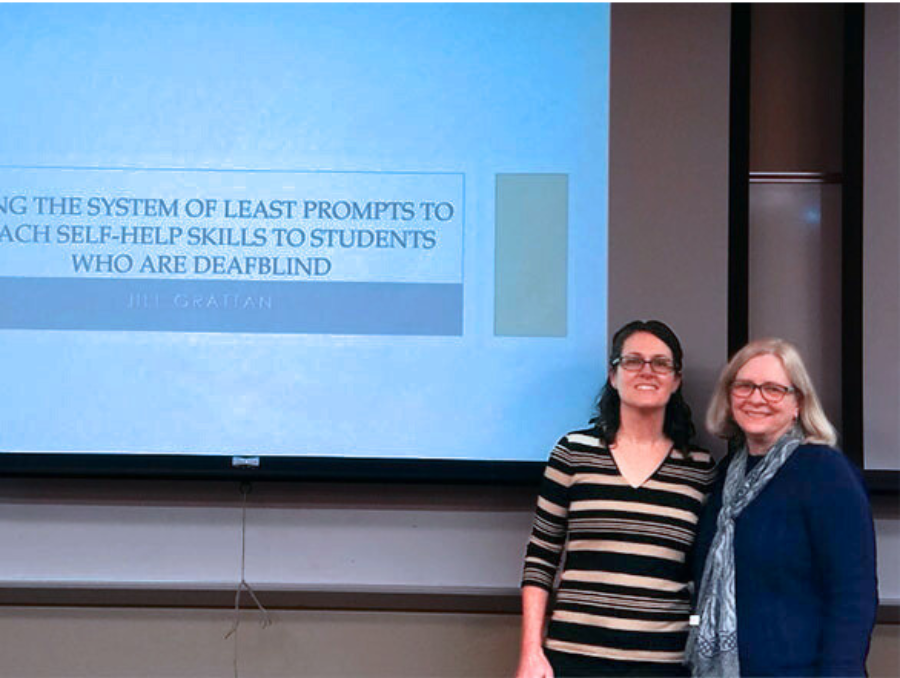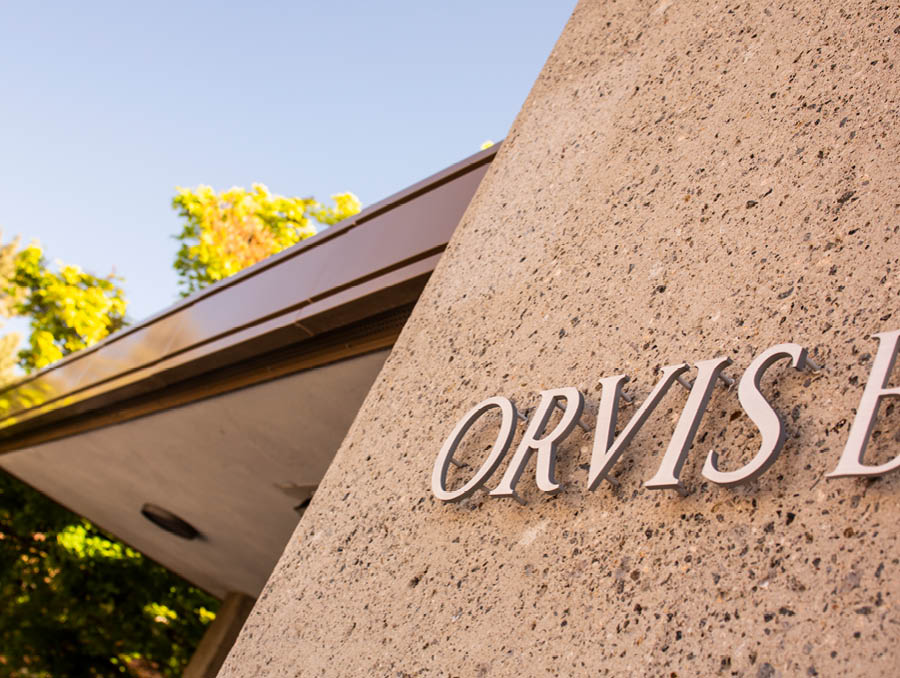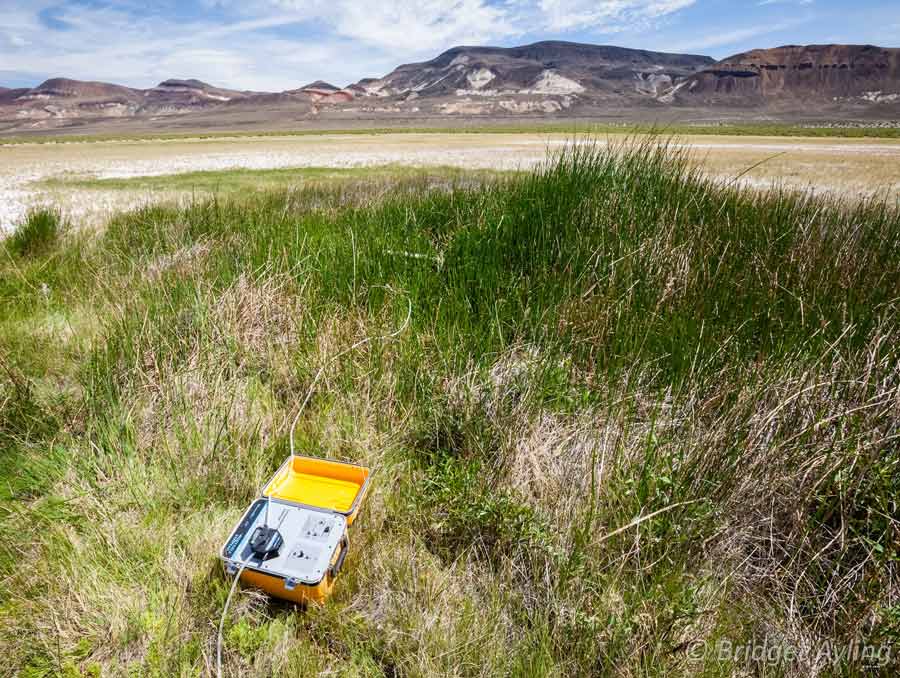Joe Crowley would be entirely embarrassed for the upcoming victory lap. He would probably blush as the superlatives begin to build for him as the Nov. 15 grand opening of the Joe Crowley Student Union on the University of Nevada, Reno campus nears.
Yet, with the opening of the new student union, the campus will again turn its eyes to a man who held the University’s presidency longer than any other individual, and who arguably had more impact on the institution than any person before or since.
The words of the late sportswriter Shirley Povich, writing about record-setting baseball ironman Cal Ripken, Jr., — another individual who showed endless endurance, nobility of spirit, and who managed to overcome an introverted personality to transcend his organization — come to mind: “For all his fame, Cal Ripken is homespun. … When he got those eight curtain calls and took that victory lap around the park, he tried to shake every hand offered him. He was being more than cheered. This was adoration.”
So it will be for the 74-year-old Crowley with the opening of the student union.
The Crowley legacy
For Crowley, it has always been about composure, constancy and careful, deliberate thought — traits that served him well during the more than 40 years that he has been associated with the University, and the time from 1978-2000 when he served as the institution’s chief executive. His nearly 23 years as president are a University record.
In typical Crowley fashion, though, talk of his legacy and his time at Nevada is usually met with a characteristic good-natured grin. Then, he makes an abrupt U-turn in conversation to something else … to any topic other than himself.
Crowley has always been the most centered of men, unapologetically straight and old-fashioned, always calm, always projecting a sweet, reasoned logic.
He will note with dry humor, for example, that his first contract as a political science professor at Nevada, signed in 1966, was for $3,500 as a one-semester temporary replacement for Eleanor Bushnell.
“I managed, despite or perhaps in spite of my best intentions, to keep my appointment at the University a little longer than that,” he said.
An impressive tenure
Forty-one years later, it is clear that Crowley’s mark at Nevada will be remembered for something more than a temporary semester appointment.
One of Nevada’s most respected historians, emeritus history professor James Hulse, has written that Crowley’s influence was not only that of a steadying hand during the constantly shifting political topography of a “time of troubles” in the late 1970s when funding support for the University was hard to find.
Hulse notes that Crowley, through subtle language and level-headed decisions, was able to provide a compelling vision for what is today a thriving and still growing institution.
“(Crowley) stabilized the subsequent decade and the University’s relationships with its host community, the state and sister institutions across the nation,” Hulse writes. “The growth of the student population to about 12,000 by 1992 justified the expansion of the faculties and the hiring of energetic new faculty members.
“In 1989, an energized University of Nevada, Reno Foundation set a goal of attempting to raise $105 million within five years to enhance the University’s endowments established from private gifts. The drive was overwhelmingly successful — producing more than $120 million in the designated time and setting a pattern of broad community support that was a new factor in the University’s life.”
Friend of the students
Given his work on behalf of the campus — and, in particular, on behalf of students — it is entirely fitting that the new student union should bear Crowley’s name, said Jeff Champagne, former Associated Students of the University of Nevada president.
Champagne said work to find a name for the new union in 2005 was easy.
Here was a chief executive, after all, who would, without fail, invite every new student body president for a talk about the coming year — its challenges, its issues, its possible partnerships and solutions.
Here was an administrator who somehow managed to continue to teach during some semesters, in order to better keep his hand on the pulse of the campus’ students.
Here was a president who, though he might have been privately stung by criticism from some students, never showed it publicly, and indeed, always encouraged free expression of ideas on campus.
Here was a leader who was more than a leader to the students.
Here was a man who was their friend.
“The students’ recommendation to name our union after Dr. Crowley is a tribute to a man whose contributions have affected and will affect generations of students to come,” Champagne said.
They are words that clearly would make Crowley uneasy.
He is so disarmingly humble, with such a fundamental lack of vanity, that showing his weaknesses or imperfections is actually a central part of his personality.
The real deal
Years ago, the sports-loving Crowley was making his way into the University’s Peccole Park one spring afternoon when an errant foul ball bounced off his head. A bit shaken, but uninjured, Crowley still watched the Wolf Pack play that afternoon.
When word of the story spread, a request was made to photograph Crowley in a Wolf Pack baseball batting helmet — given to the institution’s chief executive by the department of athletics to forevermore protect his suddenly fair-game and seemingly at-risk head.
Politicians have always maintained that a photograph in a strange hat can mean political suicide (think: Democratic presidential candidate Michael Dukakis in that Snoopy-like tank helmet in 1988).
Crowley didn’t hesitate, though. He willingly obliged.
The photo ran in the next issue of the University’s alumni magazine, Nevada Silver & Blue. Crowley’s face smiled out from underneath the oversized protective headgear. He looked as comfortable as your neighbor next door, the essence of simplicity and modesty.
“But that’s Joe Crowley,” said Richard Lapchick, human rights activist, pioneer for racial equality in sports and author from the University of Central Florida. Crowley and Lapchick have worked on numerous initiatives together over the years, including the National Consortium for Academics and Sport, which has worked to improve college graduation rates for student-athletes, and to ensure a more level playing field in coaching hiring practices.
Lapchick wasn’t speaking of Crowley’s affinity for modeling batting helmets. He was speaking of Crowley’s integrity, his unassailability, the emotional equilibrium that has served Crowley so well for these many years.
“There is no pretense to Joe,” Lapchick said. “He is a genuine leader, and as authentic of a human being as you will ever encounter.”
The Crowley record includes:
- A native of Oelwein, Iowa, he spent four years in military service in the U.S. Air Force. Crowley earned his bachelor of arts degree from the University of Iowa, his master’s from California State University, Fresno, and his doctor of philosophy degree from the University of Washington.
- Crowley joined the Nevada faculty in political science in January 1966. He served as chair of the Faculty Senate (1972-73), and, while on leave, was a fellow with the U.S. Environmental Protection Agency (1973-74). He became chair of the Department of Political Science in 1976.
- In February 1978, Crowley was appointed interim president of the University. In 1979, he was named president. When he stepped down from the Nevada presidency on Dec. 31, 2000, Crowley was the longest-serving president at a single institution among the nation’s principal universities.
- Highlights of his presidential service included the establishment of a University foundation; completion of a major capital campaign; expansion of the campus’ School of Medicine into a statewide institution; development of a new core curriculum, and, jointly with that initiative, an ambitious effort to enhance sponsored faculty research; founding of the College of Human and Community Sciences (now the University’s College of Health and Human Sciences) as well as the Reynolds School of Journalism.
- Crowley served for one term as NCAA president from 1993-95, one of only two college presidents to do so.




